 Back to Learn page
Back to Learn page

How Fennel Executes Your Trades Differently
If you’ve used an investing app before to buy or sell stocks, you’ve probably gone through the process of finding a specific stock, seeing an acceptable price, and then tapping the “buy” button.
Next thing you know, you get the notification that your trade was executed. Congrats, investor! You can now see that stock in your portfolio, along with your cost basis.
But wait a minute, how do you know if you got that stock at a good price? Could you have bought it for cheaper? And where exactly did that stock sitting in your portfolio come from?
If you don’t know the answers to these questions, I get it. Retail brokerages don’t always let individual investors know how their trades get routed and executed. Unfortunately, this lack of transparency can give way to distrust.
So, in the spirit of being fully transparent, I’d like to talk about how Fennel executes its clients’ trades. On top of that, I believe the way Fennel routes and executes your trades is what sets us apart as a brokerage.
The competition and PFOF
If you’ve ever looked into how retail brokerages execute trades, you may have heard of payment for order flow (PFOF). This is a setup used by several investment apps, where the retail brokerage makes a deal to send orders to a specific market maker to execute its customers’ trades. When executing the order, the market maker will pay the retail broker a fee for sending them that order. The broker may pass back any price improvement (relative to the NBBO) to the individual investor, or they may keep it as profit.
PFOF can be lucrative for brokerages, and some argue that the money from PFOF allows those brokerages to offer commission-free trading. But at Fennel, we believe that PFOF creates a conflict of interest.
For starters, PFOF creates a business model where brokerages get paid more when their clients trade more. Brokerages may get a few cents or a fraction of a cent per trade, which potentially creates an incentive for brokerages to get their clients trading more, but trading more may not be what’s best for the investor.
Second, with PFOF brokers go to a specific market maker to execute trades. That means the brokerage is only checking one venue during the price discovery phase. Maybe that specific market maker can offer the best price for the trade that they’re executing, but maybe the broker could get a better price for their client if they executed the trade elsewhere. What are the odds that one specific venue has the best prices all the time, for all the securities an investor wants to trade?
Brokers have a responsibility to deliver best execution to their clients. For Fennel, that means considering multiple and different types of trading venues before executing your order and NOT selling your order for profit.
Let’s go into exactly what that entails.
Routing your trades (Fennel’s version)
We believe that we can deliver best execution by making the parties on the other side of your trade compete for your order.
When you place a trade on the Fennel platform, our router has access to liquidity across 16 stock exchanges, 26 different alternative trading systems (ATS), and 7 different market makers. By having access to so many different trading venues, we believe we get access to better price discovery—especially compared to the single trading venue setup that PFOF entails.
On top of that, Fennel has created its own private trading space within an ATS, where we invite different market participants to compete to execute your order. This setup allows us to try to execute trades at midpoint-only prices. What does that mean? It means even better prices than the national best bid and offer (NBBO) and money saved for investors. Since the private trading space is invite-only, we get to monitor the quality of counterparty execution. And if our standards aren’t met, those counterparties don’t get to compete for your order.
This private trading room is just one of the several venues we look for price discovery before executing your trades. If we can’t find the best prices within our own ATS setup, we look elsewhere, because our priority is finding the best price for you. We set things up this way to keep your trades more private. By looking at these trading venues and ATS’s first, we not only have the ability to save you up to half the spread, but we don’t “tip off” other market participants about your trading intention.
Don’t like it? You can decide where to route your trades
We put a lot of work into setting up our routing systems and private trading room, but if they’re not good enough for you, that’s okay!
At Fennel, we’ve decided to give our clients the ability to decide where to route their orders, if that’s what they want.
Fennel users can decide between three different routing options:
1) Exchanges only: Investors can decide that they only want their order being sent to 16 public stock exchanges. That means no ATS’s (including Fennel’s ATS setup) and no market makers executing the order.
2) Exchanges + ATSs: In addition to the 16 exchanges, investors can also send orders to the 26 ATS’s that Fennel uses (including its own). That means checking both “lit” and “dark” trading venues in order to find best execution.
3) Exchanges + ATSs + market makers: This option looks at both exchanges and ATSs, as well as 7 different market makers. This allows us to include a handful of market makers in the price discovery phase, in an attempt to look at multiple sources for liquidity.
For the same reason that our users decided to open up a self-directed brokerage account to pick their own investments, we believe that Fennel users should be given the opportunity to decide how their trades are routed, if that’s something they’re interested in. If not, Fennel will route trades based on what we consider the best approach.
As we continue to expand, we will add more information around order routing, giving the individual investor even more transparency into the execution process.
While this level of choice and transparency is uncommon for retail brokerages, it’s not dissimilar to the tools that institutional investors have at their disposal. At Fennel, we’re all about giving the average person the same tools that financial professionals have when investing.
Less opacity, less conflicts of interest, and more power to the individual investor.
∙ ∙ ∙
Michael Capelli is the CEO of Fennel Financials
∙ ∙ ∙
The views expressed are those of the author at the time of writing, are not necessarily those of the firm as a whole and may be subject to change. The information contained in this advertisement is for informational purposes and should not be regarded as an offer to sell or a solicitation of an offer to buy any. It does not constitute a recommendation or consider the particular investment objectives, financial conditions, or needs of specific investors. Investing involves risk, including the loss of principal. Past performance is not indicative or a guarantee of future performance. We do not provide tax, accounting, or legal advice to our clients, and all investors are advised to consult with their tax, accounting, or legal advisers regarding any potential investment. The information and any opinions contained in this advertisement have been obtained from sources that we consider reliable, but we do not represent such information and opinions are accurate or complete, and thus should not be relied upon as such. This is particularly true during periods of rapidly changing market conditions. Securities offered through Fennel Financials, LLC. Member FINRA SIPC.

Expand your knowledge further

A year ago, we started building an investing app to bring power back to the stakeholders.

20 months ago I had a simple idea: What if capital markets could change?

The name "Fennel" is inspired by the ancient Greek myth of Prometheus.
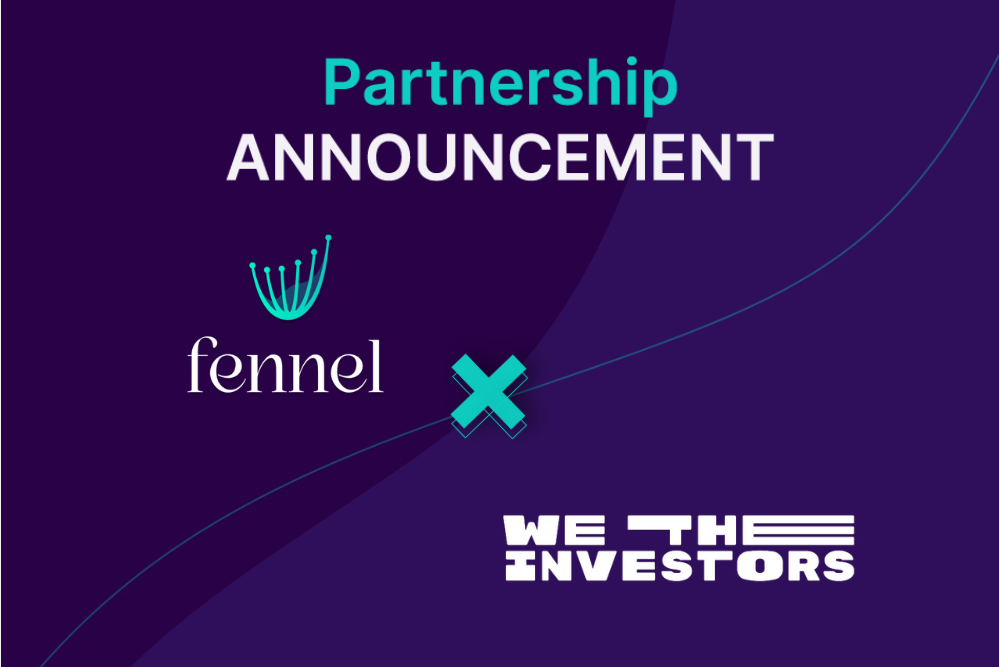
Fennel is joining forces with We The Investors to provide engaging educational content to help retail investors learn more about capital markets.
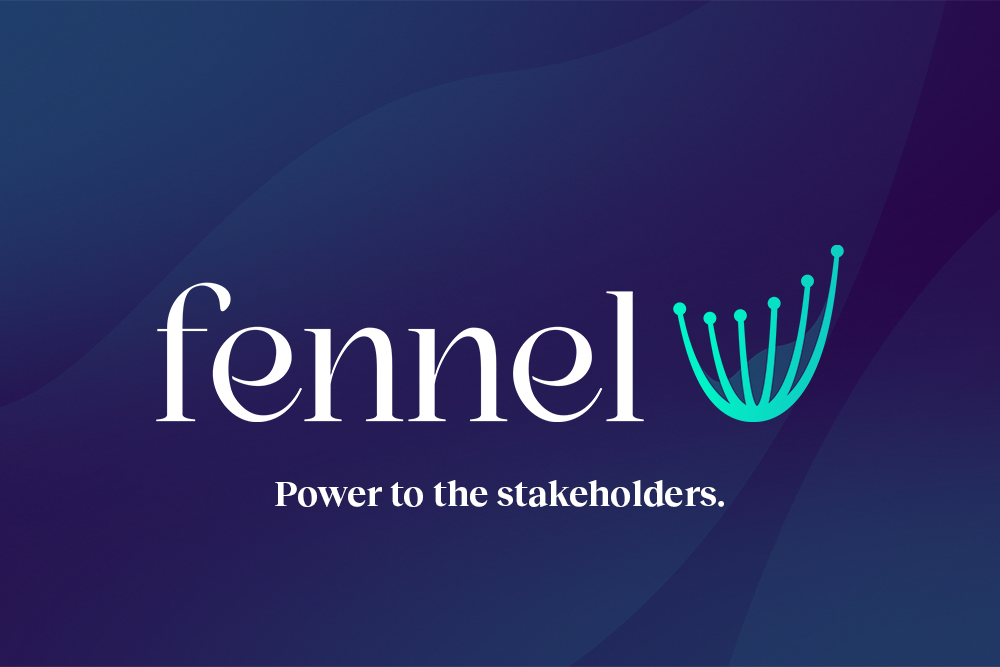
Backed by Jeff Cruttenden, founder of Acorns, Capital Factory, Temerity Capital Partners and more, Fennel has raised over $5M in funding to provide transparent financial and ESG-data to investors.
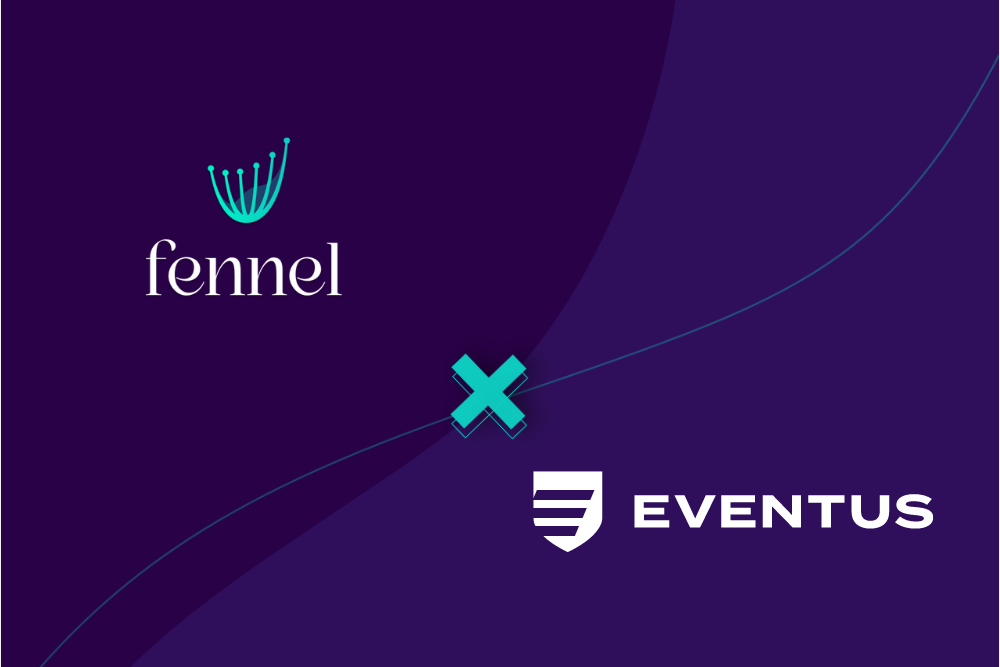
Fennel Financials joins forces with Eventus.
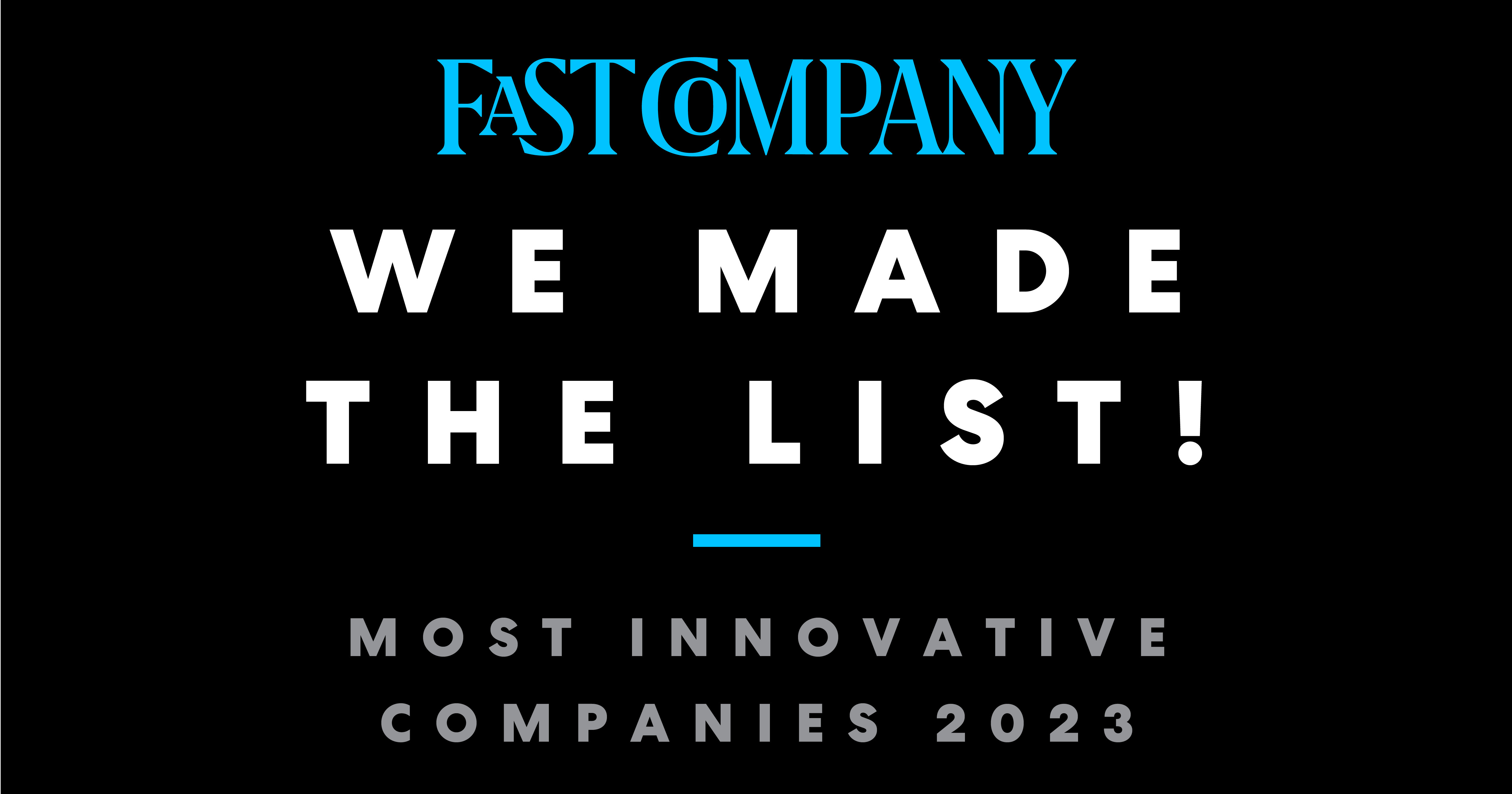
Fennel has been named to Fast Company’s prestigious list of the World’s Most Innovative Companies for 2023, joining a list of businesses paving the way in innovation and highlighting those at the forefront of their respective industries.
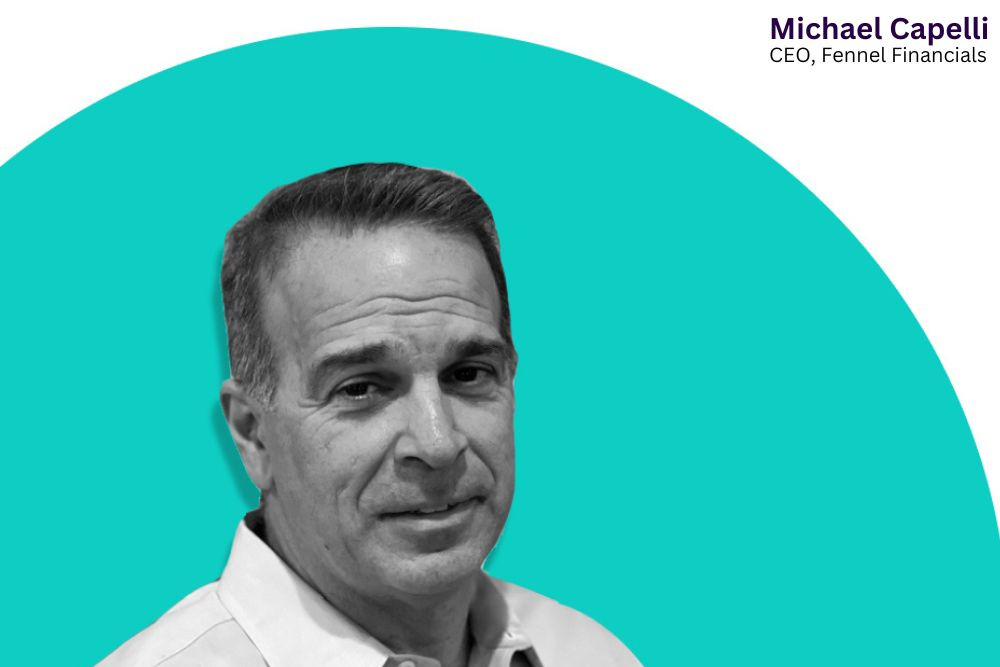
The ESG-focused retail investing platform hires Michael Capelli to lead its brokerage operations

Zero commissions doesn't mean zero costs.
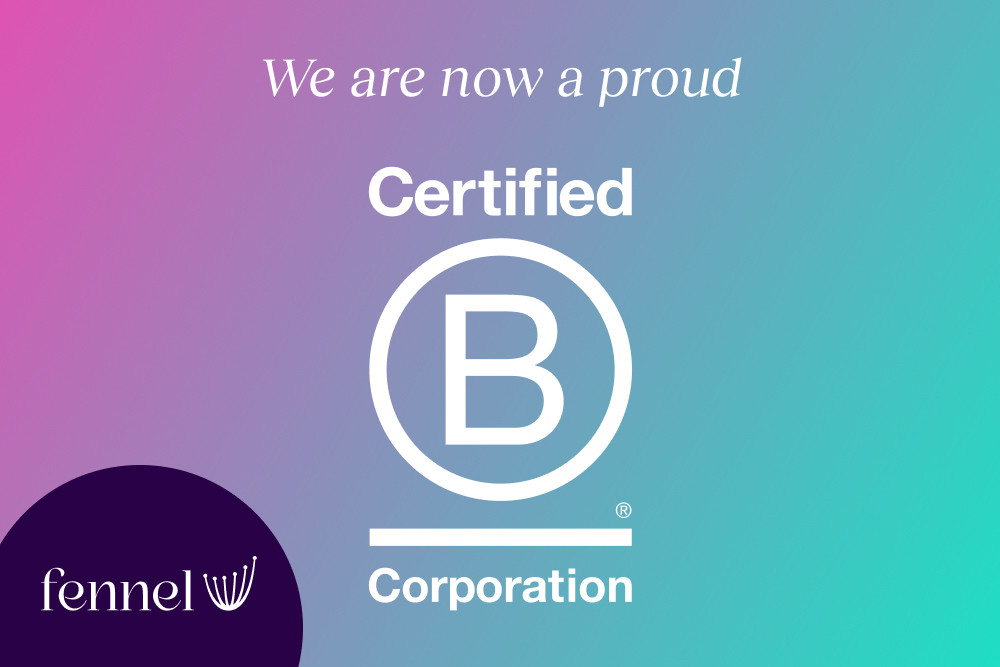
ESG & shareholder voting-focused brokerage becomes Certified B Corporation™, highlighting commitment to sustainable and regenerative economy.
Take back the power of your investment
